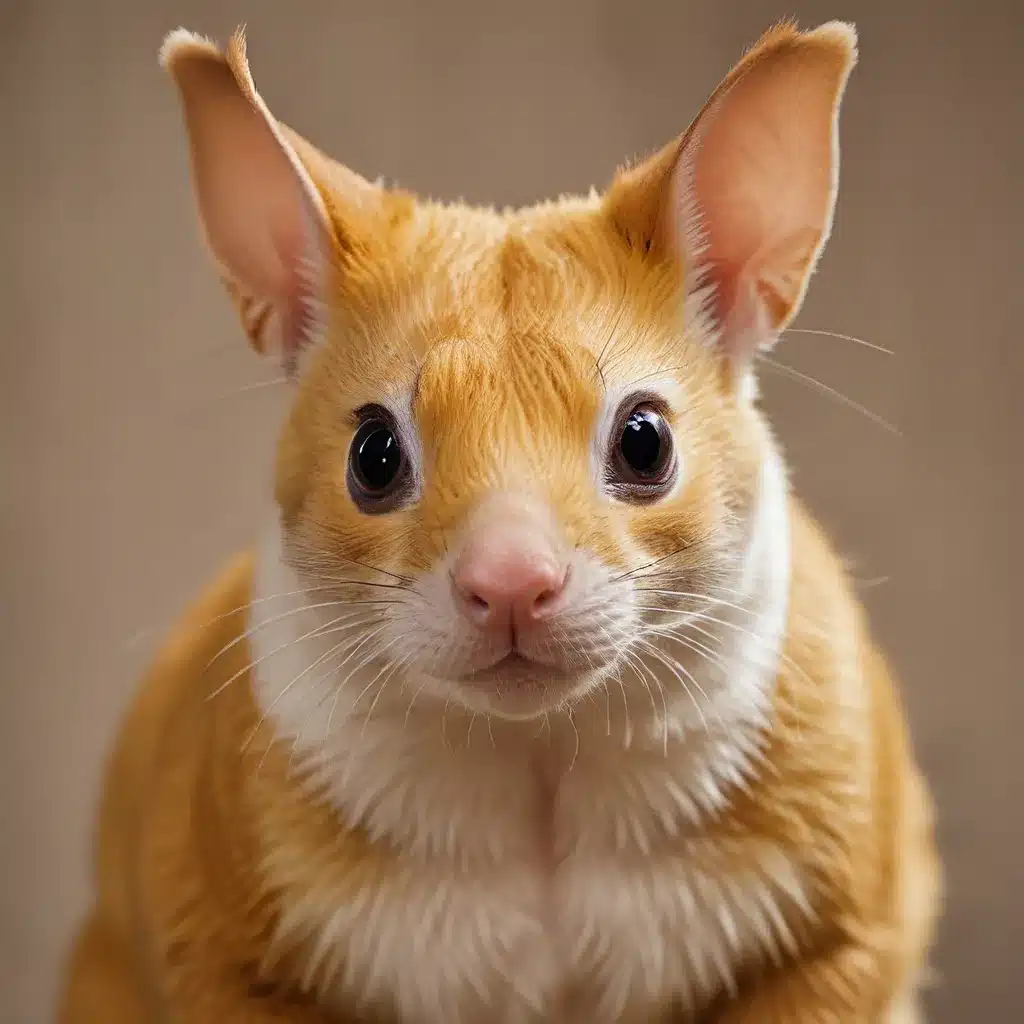
Exotic Pets: A Captivating Conundrum
Exotic pets – the mere mention of these fascinating creatures is enough to make any animal enthusiast’s heart skip a beat. From the sleek and slinky serval to the mesmerizing ball python, the allure of these non-traditional companions is undeniable. But, my friend, as with any great adventure, there are rules and regulations to navigate.
You see, the world of exotic pet ownership is a delicate dance, a carefully choreographed routine where you must stay in step with the law. It’s not just about the cute factor or the “wow” factor – it’s about being a responsible steward, a guardian of these magnificent beings. And trust me, it’s worth the effort.
Navigating the Legal Landscape
Picture this: you’re strolling through the Golden Exotic Pets emporium, eyes wide with wonder at the array of exotic beauties on display. Your heart flutters as you imagine sharing your home with a majestic serval or a graceful kinkajou. But before you succumb to the temptation, let’s take a step back and explore the legal landscape.
In the thrilling world of exotic pets, there’s a complex web of regulations and requirements that you must navigate. It’s not as simple as just picking your new feathered or furry friend and bringing them home. No, my friend, there’s a whole dance to learn.
First and foremost, it’s crucial to understand the concept of “Conditional” and “Prohibited” species. These are the critters that the Florida Fish and Wildlife Conservation Commission (FWC) has deemed potentially dangerous or disruptive to the native ecosystem. And let me tell you, they don’t mess around. Owning these species without the proper permits can land you in some serious hot water.
Navigating the Exotic Pet Maze
Imagine trying to navigate a labyrinth blindfolded – that’s kind of what it feels like trying to figure out the exotic pet laws in your state. But fear not, my friend, I’m here to be your guiding light.
Each state has its own unique set of regulations, and it’s your responsibility to do your homework. For example, in the Sunshine State, the FWC has a comprehensive list of Conditional and Prohibited species. These are the pets that require specialized permits or are flat-out forbidden. And trust me, you don’t want to find yourself on the wrong side of the law.
But it’s not all doom and gloom. Many states are actually quite welcoming to responsible exotic pet owners. Take Winnipeg, Canada, for instance. They’ve got a well-structured system in place to ensure exotic pets are cared for and accounted for. It’s all about finding the right balance between personal freedom and public safety.
The Exotic Pet Amnesty Program: A Lifeline
Now, let’s talk about the unsung heroes of the exotic pet world – the FWC’s Exotic Pet Amnesty Program. This is a game-changer, my friends.
Imagine this: you’ve got an exotic pet that’s just not a good fit anymore. Maybe your circumstances have changed, or you’ve realized you’re in over your head. Instead of doing the unthinkable and releasing the poor creature into the wild, the Exotic Pet Amnesty Program steps in to save the day.
These amazing folks will accept your unwanted exotic pet, no questions asked, and find them a loving new home. It’s a win-win-win situation – you get to do the right thing, the pet gets a second chance, and the FWC gets to keep an eye on the ever-evolving exotic pet landscape.
Responsible Ownership: The Key to Success
Alright, let’s get down to the nitty-gritty. You’ve done your research, you’ve navigated the legal maze, and you’re ready to bring home your new exotic companion. But the journey doesn’t end there, my friend.
Responsible exotic pet ownership is a delicate balance of care, commitment, and compliance. It’s not enough to just fall head over heels for that cute little kinkajou – you’ve got to be prepared to meet its specific needs. From creating the perfect habitat to ensuring proper nutrition and veterinary care, it’s a full-time job.
But, oh, the rewards are so worth it. Imagine the pure joy of watching your serval gracefully leap and bound, or the mesmerizing sight of your ball python coiling and uncoiling. These are the moments that make it all worthwhile.
Keeping an Eye Out: The Power of Reporting
Now, I know what you might be thinking – “But what if I spot an exotic pet in the wild?” Well, my friend, that’s where you can be a true hero.
The FWC is on a mission to keep Florida’s native wildlife safe and sound, and they need your help. By reporting any sightings of non-native species, you’re giving them a crucial heads-up. After all, who knows what kind of havoc an invasive species could wreak on the delicate ecosystem?
So, keep those eyes peeled and your camera ready. Snap a few photos, make a note of the location, and send that info straight to the FWC. Together, we can stay one step ahead of the exotic pet game and protect the natural beauty of our state.
Embracing the Exotic: A Rewarding Journey
Ah, the world of exotic pets – it’s a captivating realm that beckons us to explore, to push the boundaries of what we consider “normal.” And you know what? I say embrace it. But do it responsibly, my friend.
With a little bit of research, a whole lot of dedication, and a keen eye for the rules and regulations, you can embark on a truly rewarding journey of exotic pet ownership. It’s not just about the thrill of the new and the different – it’s about forging a deep connection with these magnificent creatures, and becoming their guardian and protector.
So, what are you waiting for? The Golden Exotic Pets emporium is calling your name, and the adventure of a lifetime awaits. Just remember to keep that keen eye on the legal landscape, and you’ll be well on your way to becoming a responsible exotic pet parent.

